Broccoli Pests and Diseases: Complete Guide with Photos
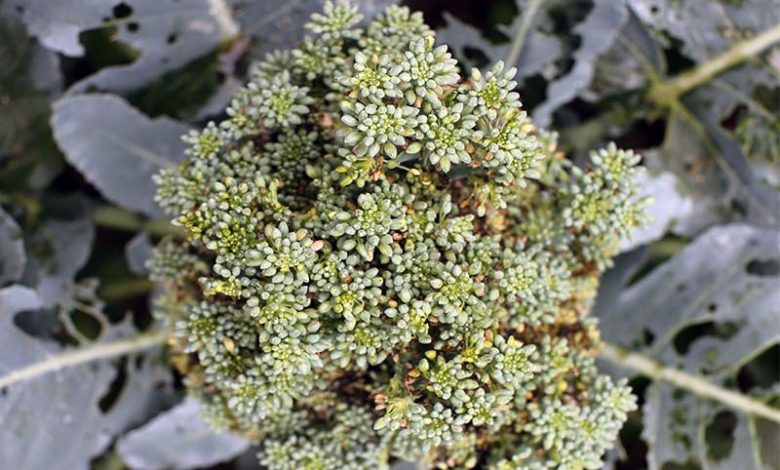
Hello to all agrohuerters! If we have any crop to highlight this year, at least in Spanish territory, that is broccoli. This vegetable, apart from being cooked in a simple way, has multiple nutritional characteristics such as a great supply of vitamins and antioxidant properties. In today’s article, we will see what the main pests and diseases of broccoli are and how we should control them.
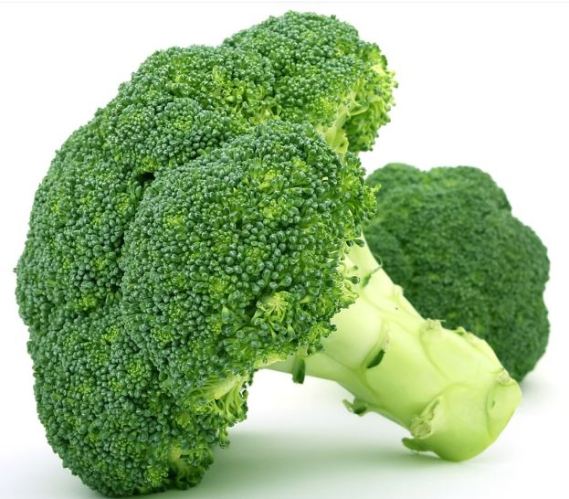
1. Pests and diseases of broccoli: Most important pests
Caterpillars on broccoli: cabbage caterpillar
It is also known as the cabbage butterfly or cabbage white. It belongs to the order of Lepidoptera and measures between 5 cm and 6 cm in wingspan. It usually feeds and lays its eggs on species of the cruciferous family (Brassicaceae), causing them to rot.
Its adult form is characterized by having two points on the wings, like the ones seen in the image.
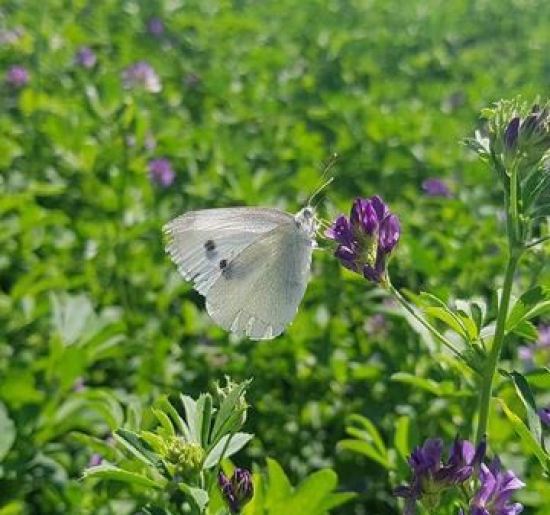
The eggs hatch after 8 or 10 days and give rise to small gray larvae that are very voracious. These larvae will dedicate themselves to devouring the leaves of your broccoli. Once they pass this phase, they will pupate to become butterflies.
Main control methods:
- The first thing is always to observe and prevent.
- Chromatic glue traps (yellow or blue).
- Ecological insecticides (Bacillus thuringiensis, neem oil,…)
cruciferous whitefly
Whiteflies are generally located on the underside of leaves. What these small insects like the most is tomato, cabbage and cucurbits such as pumpkin, zucchini or melon. They like humidity and high temperatures, so they are a frequent pest in spring and summer (and very dangerous in greenhouses).
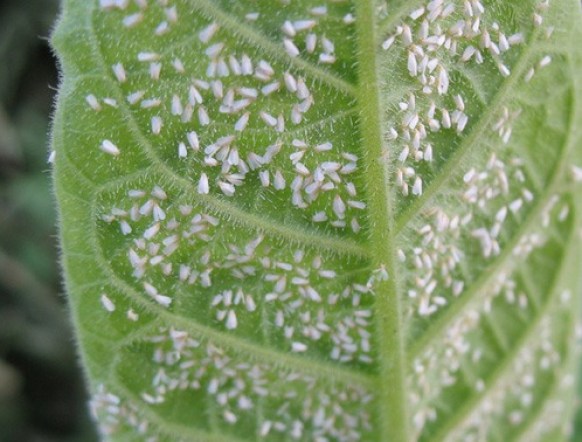
The main damages they cause to crops are:
- Extraction of sap from the plant.
- mechanical damage
- They produce molasses.
- Some species are disease vectors.
The best control method is prevention. Therefore, it is important that you check the underside of the leaves from time to time in order to act as soon as possible. In addition, there are various methods of whitefly control such as chromatic traps, natural predators, infusion of wormwood, garlic, etc.
Aphids on Broccoli: Green and Black Aphids
Aphids belong to the aphid family and, as we have seen in other articles, they are one of the most common pests in orchards and gardens. They are small in size (1-3 mm in length) and can have different colors depending on the species to which they belong. They attack the young shoots of crops with a high sugar content. The larvae cause damage by making galleries in the leaves of plants. As for adults, they feed by sucking sap from leaves, buds and young shoots using the stylet of their mouthparts. In addition, they excrete a sticky, sugary liquid called honeydew that attracts ants. They favor the appearance of a fungus known as bold and can also transmit viruses from one plant to another.
2. Diseases of broccoli
Spots on broccoli leaves: downy mildew
One of the fungi that affects broccoli is mildew. This fungus also affects other types of cruciferous crops such as chloriflower, radish, turnips,… Broccoli can be affected by the fungus at any stage of growth. However, due to the conditions that require cold and humidity to develop, it usually appears as a seedling and in mature plants. It produces greasy-looking spots of different shades on the leaves, which then turn brown and wither.
In the following image you can see the appearance of some broccoli seedlings that have been affected by mildew.

Black spots on broccoli: alternaria
Again we are faced with another fungus. In this case, the symptoms can be expressed in two ways:
- As concentric black spots (approximately 1cm) on the youngest leaves.
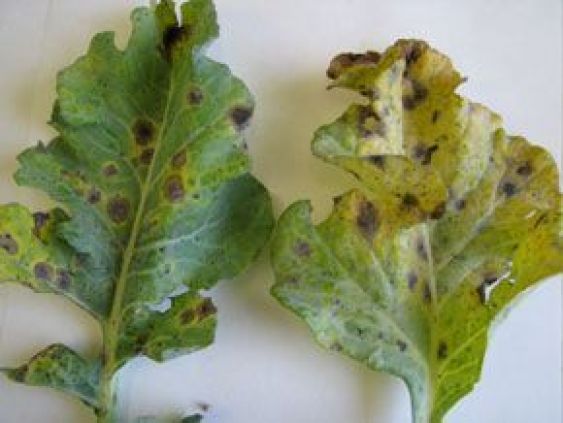
- Rot or stain of the peel.
In this case, the edible part of the broccoli is affected by small black spots.

The spores of the fungus can travel in various ways: air currents, splashes of water, machines, animals, infected seeds, etc.
Some of the main control methods are as follows:
- Crop rotation every 2 or 3 years.
- Eliminate weeds.
- Treat the seeds before sowing with hot water to eliminate the fungus on the surface of the seeds. Although it is always best to buy certified seeds.
References
- Kaczmarek J, Liu X, Charron C, Novotny J, Jeffery E, Seifried H, Ross S, Miller M, Swanson K, Holscher H (2018). Broccoli consumption affects the human gastrointestinal microbiota,
The Journal of Nutritional Biochemistry, 63, 27-34. - Brennan, E. (2016). Agronomy of strip intercropping broccoli with alyssum for biological control of aphids, Biological Control, 97, 109-119.
- Hasan, F., Ansari, M. (2011).Effects of different brassicaceous host plants on the fitness of Pieris brassicae (L.), Crop Protection, 30(7), 854-862.
This is all for today, I hope you have become a little more familiar with the pests and diseases of broccoli and see you in the next article. Remember that you can leave comments telling us all your experiences.
Have a nice day!


![Photo of Gardenia Care: [Earth, Strengthening, Humidity and Pruning]](https://www.complete-gardening.com/wp-content/uploads/2022/08/gardenia-care-earth-strengthening-humidity-and-pruning-390x220.jpg)
![Photo of Real Analysis of the [5 Best Axes to Chop Firewood]](https://www.complete-gardening.com/wp-content/uploads/2022/08/real-analysis-of-the-5-best-axes-to-chop-firewood-390x220.jpg)
